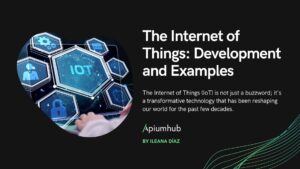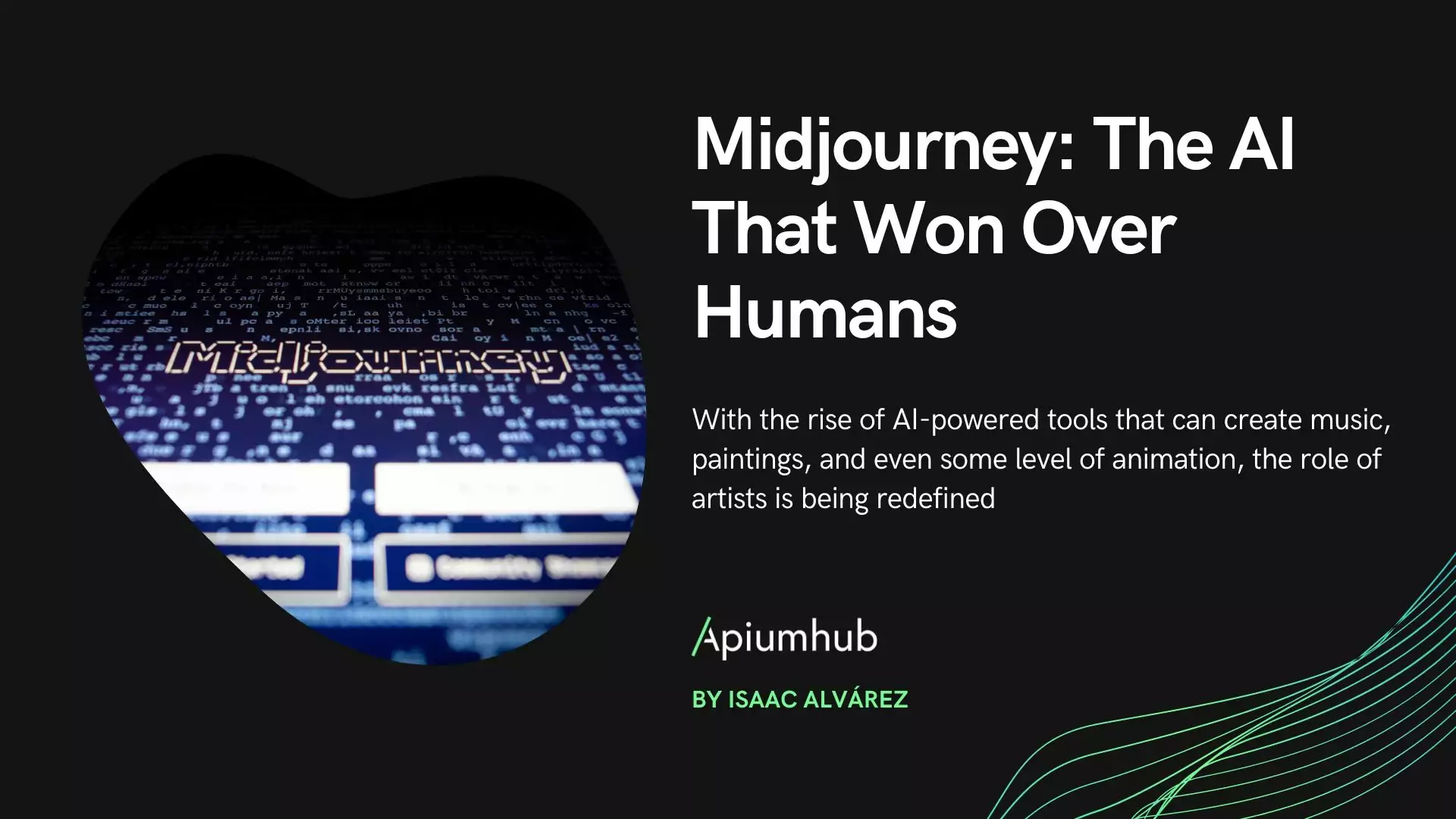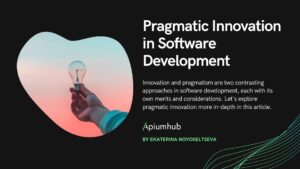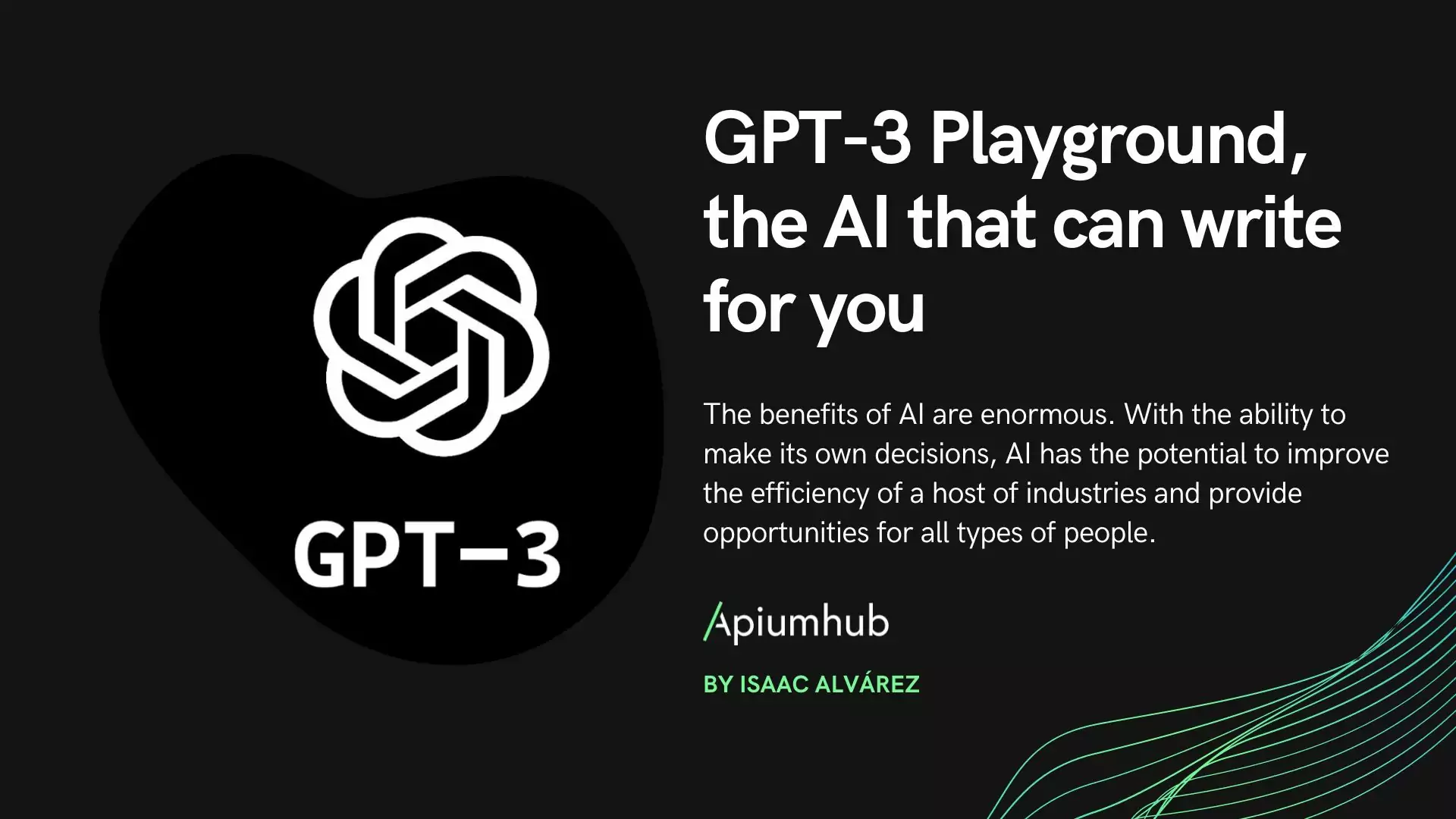Table of Contents
If you regularly stay up to date about the tech industry, you must have heard about smart cities. And actually we’ve seen so many cities lately describing themselves as smart cities, encouraging the concept, hosting events to show innovative ideas, etc.
How did it all start? Many say that due to huge urban migrations, we’ve reached a point where cities are getting developed, but without a plan. So one solution to improve those urban problems is the concept of a smart city.
When it comes to really explaining what really is a smart city, it can get complicated. Actually it’s not about being complicated but more about having different definitions.
So, what are smart cities?
Briefly said, a smart city is an urban region that tries to fully integrate information and communication technology as well as Internet of things to improve the management of resources & assets, to improve the efficiency of services.
In general, a smart city is very advanced in terms of infrastructure (administration, education, healthcare, public safety, real estate, transportation, etc.) and involves many technologies such as data centres & sensors, being used to improve operations. Smart cities have infrastructures that enables us to collect, aggregate, and analyze data that will help us improve the lives of the citizens.
If you think about it, you can incorporate almost anything that has to do with the management of a city, into the smart city concept. The idea is to provide an efficient solution to actual problems, by using technology. Going from the water management, to clean & renewable energies, to how much space there is to park a car, traffic control, waste management, wireless accessibility. And the list goes on. To improve the functioning of our cities, we’ve got different types of solutions and here are a few examples.
Smart water
A major problem in cities is the waste of water, often lost through leaks in infrastructures. Smart water waste solutions help us track waste levels and optimize all our processes while reducing operational costs.
Monitoring devices are installed to enable leakage detection and changes in water pressure and water quality, helping us determine whether water infrastructure is working properly.
The solution in smart cities is that by installing the sensors and collecting data, we centralise and monitor all the information regarding the water cycle and can easily intervene when needed.
Smart transport
With smart transport, the main idea is to reduce pollution & traffic congestion, improve transfer speed & transfer costs. One example would be the smart parking system, that basically gathers data about the parking spaces that are available in a certain area and therefore helps other cars to find available spots.
Another example could be the smart traffic system that basically controls traffic lights to have an optimal flow when it comes to traffic, following the demand. The system detects congestion and bottlenecks in traffic patterns. We do that by installing traffic lights & queue detectors that are all related to a central control system that will maintain the city without traffic.
Finally, self driving cars are on their way and will soon be a common way of moving people in and out of the city.
Smart energy
We do spend a lot of electric energy which plays a bit role in the emissions of CO2 in the atmosphere. A great example about reducing energy consumption is the outdoor lighting system, technology is used to enhance the efficiency and utility of city lampposts. In fact, the lights are turned on only when pedestrians are getting closer to the sensors, and are turned off when streets are empty. Also, the lights adapt to the weather and inform the department of public works when the bulbs have to be changed.
Smart waste
With waste management, by equipping the garbage with sensors, we are able to see data in real time. Sanitation workers are notified about the level of garbage all around the city which really helps them make their their routes more efficient.
Smart building
The idea of smart building is to hopefully with technological advancements, have buildings that will manage their own energy & consumption. Smart buildings are autosufficient and improve heating, energy usage, ventilation and lighting.
Technologies are making our cities smarter
Due to the fact that we are witnessing so many changes regarding the environment and that there are more and more concerns about that matter, the smart city concept has been getting more popular. Another important reason for its success is that it also enables us to make use of energies more efficiently and takes into account social concerns.
But most importantly, smart cities are more or less possible due to technologies and trends as for example automation, machine learning and the internet of things.
Sensors & video authentication technology are used to generate/provide data regarding urban life. The sensors can be used for example for streetlights, traffic signals, water quality, etc. Those technologies are getting cheaper and stronger when it comes to tracking information, therefore more commonly used for monitoring. In fact, the sensors are integrated with real-time monitoring systems, and the data collected is then processed and analyzed.
Over the years, the growth of cloud computing has also had a strong impact on smart cities. In fact, it costs much less to store information on the cloud. Add to that the advancements in machine learning which enable city officials to have strong insights on everything surrounding us. The Internet of Things implies more data, more devices connected, more information.
Barcelona, a smart city.
Not only does the Smart City Congress gets more important every year, bringing together amazing exhibitioners from all over the globe, but also, in the past decade, Barcelona has been working hard, taking initiatives and using latest technological advancements that would help the city in becoming “smarter”. The government has made it a priority to become a smart city and little by little, the startup ecosystem is booming, transforming into one of the top innovation hubs in Europe.
The Barcelona Digital City 2017-2020 plan is a sort of blueprint that will help the city become more open and efficient. The idea is to promote innovation & digital transformation while providing all the areas of the city with infrastructures and resources that will enable citizens to use the technology to increase the quality of public services.
What has improved around the city?
- Around the city, we can find +650 wi-fi hotspots offering free access to everyone.
- When it comes to waste management, the municipal bins monitor the waste levels and therefore help workers when it comes to optimizing their routes.
- Regarding lighting in the street, the lampposts are all LED and can measure noise, traffic, pollution & crowds. By sensing when there is people walking around, it automatically adapts, turning on & off.
- For public transportation, a part from the fact that electric cars and bike sharing are highly encouraged, more and more we find bus stops that are quite interactive. On the electric screen, you can see how much time is left before the bus arrives, charge your phone through the USB charging stations and even use the giant screen to locate yourself on the map and know more about the city.
- When it comes to parking your car, you can use applications that will inform you about the parking availabilities in specific locations.
- For the water management in public areas, we find irrigation systems in the parks that have a strong control on the consumption, enabling workers to know exactly how much water is needed.
Other then taking all those amazing initiatives, we see more and more companies participating in the improvement of the city’s energy consumption while helping the civilians. Here are a few examples;
Bicing is a company that is 100% owned by the City of Barcelona and that provides a bicycle sharing system since 2007.
CityBikes is a project that was created to provide the people with data regarding bike sharing (used, empty spaces, etc.) and is used in +400 cities.
Betterways offers solutions for Urban Design and Traffic Information when it comes to designing and implementing innovative solutions for sensors, transport planning, traffic management, fleet management & traffic predictions.
CAME Parkare is a provider of parking solutions such as a parking system and machinery of management of parking in public thoroughfare by parking meters.
HolaLuz has the objective to change the world regarding energies. They help users to do the switch toward an energy model where wellbeing and comfort are linked to savings and green energy. They commercialize electrical energy throughout the national territory for domestic customers and SMEs with one or several points of supply.
eCooltra is considered as a leader in the motorbike & scooter rental industry, present in Spain, Italy, France, Portugal and Brasil. eCooltra offers “motosharing” of electric scooters, per minute. Basically, you can pick up and leave the scooter wherever you want.
ElParking offers an advanced public parking system that enables you to quickly find a parking place, reserve it and pay for it.
Capmar is a company that offers solutions in the public transportation and urban equipment. Their products are mainly dynamic information bus stop that get all the energy needed from the sun and that don’t need any kind of wiring or connection to the power grid, reducing the cost and complexity of installation, and increasing the reliability of the system.
If you found this article interesting, you might like…
- Top business blogs to read
- Human-centered innovation
- Top smart city projects to watch
- Blockchain technology: use cases, statistics, benefits, startups & events
- Disruptive innovation to track
- The era of unicorns
- Top 20 promising startups in Barcelona
- IOT projects that may change the world









